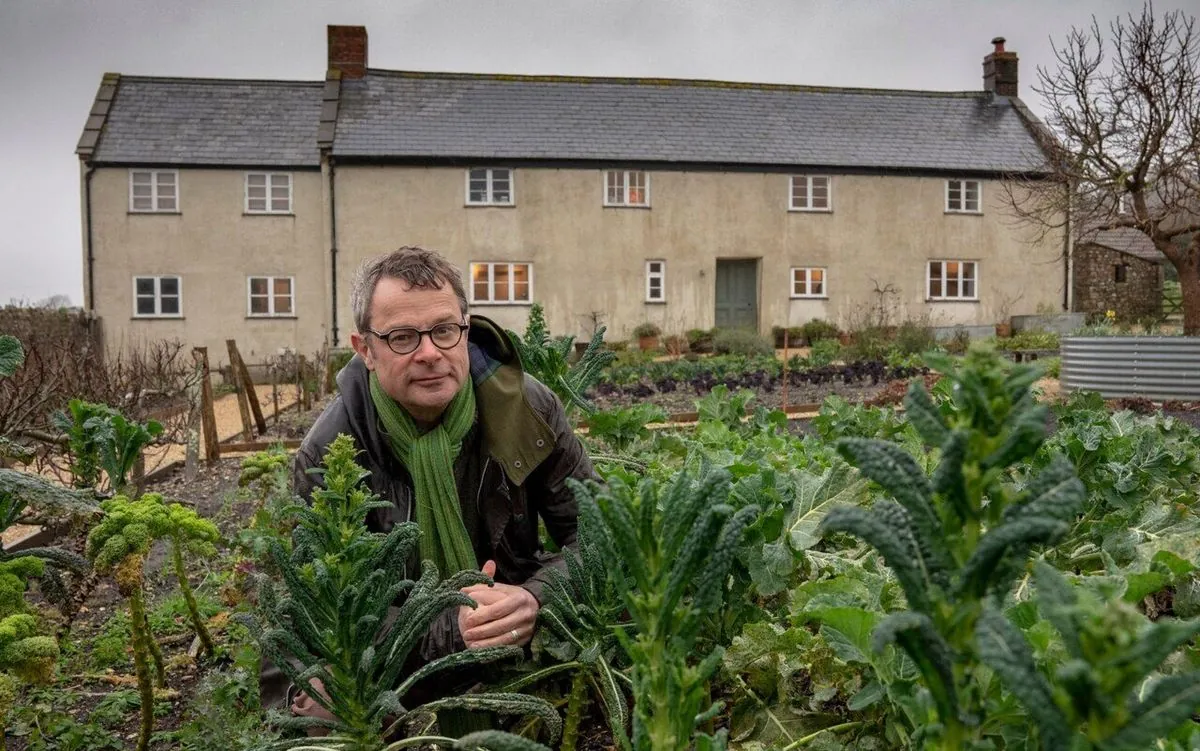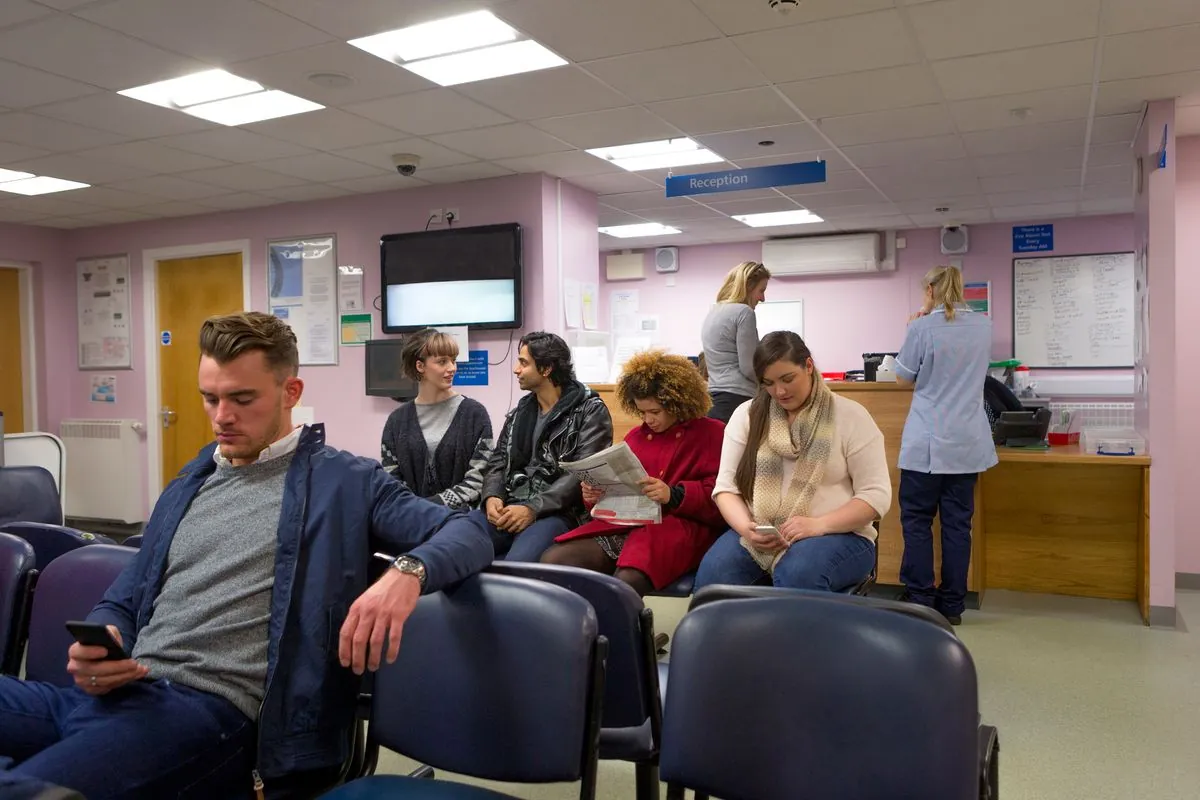Hugh Fearnley-Whittingstall Advocates for Home-Grown Food Culture
Celebrity chef Hugh Fearnley-Whittingstall emphasizes the importance of understanding food origins and encourages people to grow their own produce, criticizing the reliance on industrialized food practices.

Hugh Fearnley-Whittingstall, the renowned British celebrity chef and food writer, has recently shared his thoughts on the importance of reconnecting with our food sources. In an interview with Devon Life magazine, the 59-year-old culinary expert expressed concern over the disconnection between people and their food origins.
Fearnley-Whittingstall emphasized the significance of understanding where our food comes from, stating that relying solely on processed, "stick it in the microwave" meals deprives individuals of a crucial aspect of human culture. He drew parallels to our hunter-gatherer ancestors, suggesting that humans have an innate emotional connection to knowing the source of their sustenance.
The chef, known for his River Cottage brand based near Axminster, Devon, encourages people to cultivate some of their own food. While acknowledging the time constraints of modern life, he believes that even small-scale gardening can be beneficial. This approach aligns with the growing locavore movement, which promotes consuming locally produced food.

Fearnley-Whittingstall's passion for local produce is evident in his practices. He often visits neighboring farms to purchase fresh vegetables, which he then showcases to guests at River Cottage HQ. This practice not only supports local agriculture but also demonstrates alternative food sourcing methods to visitors.
In a previous interview with The Telegraph, the chef revealed that his household is nearly self-sufficient in vegetable production. He described his greenhouse as a hub of biodiversity, housing at least ten varieties of tomatoes, including heirloom types like Costoluto Fiorentino and modern favorites such as cherry tomatoes.
"For tens of thousands of years, humans were hunter-gatherers and I think this still speaks to us. That's what it meant to be human – we have an emotional connection to knowing where our food comes from and if, instead, we only have industrialised, anonymous, 'stick it in the microwave' food, we're missing out on a huge part of human culture."
While Fearnley-Whittingstall doesn't advocate for a complete return to hunter-gatherer lifestyles or total self-sufficiency, he strongly encourages individuals to engage with food production on some level. This approach, he believes, can help bridge the gap between modern convenience and our ancestral connection to food sources.
As the debate over food sustainability and quality continues, Fearnley-Whittingstall's perspective offers a middle ground between industrial food practices and traditional agriculture, promoting a more mindful approach to what we eat and how we source it.


































